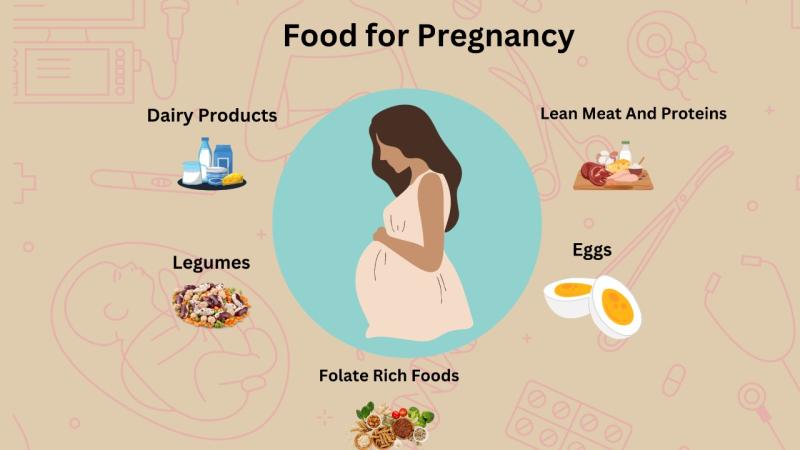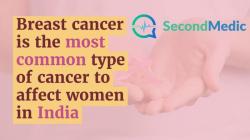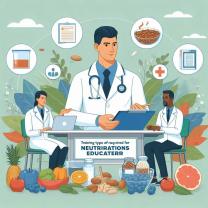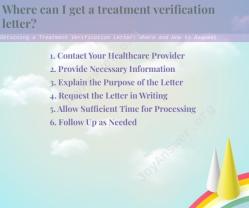What food should be avoided during pregnancy?
During pregnancy, it's important for women to pay attention to their diet to ensure the health and well-being of both the mother and the developing baby. While many foods are safe and nutritious during pregnancy, there are certain foods that should be avoided due to the risk of foodborne illnesses or potential harm to the developing fetus. Here are some foods to avoid during pregnancy:
Raw or Undercooked Seafood:
- Raw fish or shellfish, such as sushi, sashimi, or oysters, can expose the mother to harmful bacteria and parasites. It's important to ensure that all seafood is fully cooked to reduce the risk of foodborne illnesses.
Raw or Undercooked Eggs:
- Avoid raw or undercooked eggs, including foods that may contain them, such as homemade Caesar dressing, hollandaise sauce, or raw cookie dough. Raw eggs can carry the risk of Salmonella infection.
Soft Cheeses and Unpasteurized Dairy:
- Soft cheeses like brie, camembert, feta, and blue cheese may be made with unpasteurized milk and can harbor harmful bacteria like Listeria. Opt for cheeses made from pasteurized milk.
Deli Meats and Processed Meats:
- Deli meats and hot dogs can be contaminated with Listeria, a bacteria that can cause serious complications during pregnancy. If you choose to eat these, make sure to heat them until they are steaming hot to kill any potential bacteria.
Unwashed Fruits and Vegetables:
- To reduce the risk of exposure to pesticides and harmful bacteria like Toxoplasma, thoroughly wash all fruits and vegetables before consuming them.
Excessive Caffeine:
- While moderate caffeine intake is generally considered safe during pregnancy (200-300 mg per day), excessive caffeine consumption has been associated with an increased risk of miscarriage and preterm birth. It's advisable to limit caffeine intake from sources like coffee, tea, and energy drinks.
Alcohol:
- The consumption of alcohol during pregnancy is associated with an increased risk of birth defects and developmental issues. It's recommended to avoid alcohol entirely during pregnancy.
High-Mercury Fish:
- Certain fish, especially those high in mercury (e.g., shark, swordfish, king mackerel, tilefish), should be limited or avoided during pregnancy. High levels of mercury can harm the developing nervous system of the fetus. Safe alternatives include salmon, trout, and shrimp.
Artificial Sweeteners:
- Some artificial sweeteners, like saccharin, should be limited during pregnancy. Aspartame (Equal) and sucralose (Splenda) are generally considered safe in moderate amounts, but it's advisable to consult with a healthcare provider.
Unwashed Sprouts:
- Raw sprouts, including alfalfa, clover, and radish sprouts, can carry a risk of bacterial contamination. Cooking sprouts thoroughly can reduce this risk.
It's crucial for pregnant women to maintain a balanced and nutritious diet. Consulting with a healthcare provider or a registered dietitian is recommended to ensure that dietary choices align with individual health needs and the specific requirements of pregnancy. Additionally, individual health conditions and dietary needs can vary, so personalized advice is important.
1. Understanding the Reasons Behind Certain Food Restrictions During Pregnancy
During pregnancy, certain foods and beverages pose a potential risk to the developing fetus. These restrictions are primarily aimed at preventing infections, reducing exposure to harmful substances, and ensuring adequate nutrient intake for both the mother and baby.
Infection prevention: Raw or undercooked meat, poultry, and fish may harbor bacteria like Salmonella, Listeria, and Toxoplasma gondii, which can cause serious infections in pregnant women and lead to birth defects or miscarriage.
Harmful substance exposure: Foods high in mercury, such as shark, swordfish, and king mackerel, can accumulate in the fetal bloodstream and affect brain development. Raw eggs may contain Salmonella, while unpasteurized dairy products may harbor Listeria.
Nutrient balance: Excessive caffeine intake can hinder fetal growth and development. Alcohol consumption during pregnancy can lead to fetal alcohol syndrome (FAS), characterized by physical, mental, and behavioral problems.
2. Identifying Specific Foods and Beverages to Avoid or Limit During Pregnancy
Here's a list of foods and beverages to avoid or limit during pregnancy:
Raw or undercooked meat, poultry, and fish: Cook meat, poultry, and fish thoroughly until internal temperatures reach at least 165°F (74°C).
Raw eggs: Avoid raw eggs or foods containing raw eggs, such as homemade mayonnaise, hollandaise sauce, and soft-boiled eggs.
Unpasteurized dairy products: Choose pasteurized milk, cheese, and yogurt to avoid Listeria contamination.
High-mercury fish: Limit intake of mercury-rich fish like shark, swordfish, king mackerel, and tilefish to no more than 6 ounces (170 grams) per month.
Excessive caffeine: Limit caffeine intake to less than 200 milligrams per day, equivalent to two cups of coffee or five cups of tea.
Alcohol: Avoid alcohol consumption during pregnancy to prevent fetal alcohol syndrome.
Importance of consulting with a healthcare provider for personalized dietary recommendations
Consulting with a healthcare provider is crucial for personalized dietary recommendations during pregnancy. They can assess individual risk factors, address any nutritional concerns, and provide specific guidance based on the stage of pregnancy.
Risk assessment: A healthcare provider can evaluate the risk of foodborne illnesses based on personal factors, travel history, and exposure to potential contaminants.
Nutritional counseling: They can provide personalized advice on nutrient intake, ensuring adequate intake of folic acid, iron, calcium, and other essential nutrients.
Stage-specific recommendations: Dietary needs may change throughout pregnancy. A healthcare provider can adjust recommendations as the pregnancy progresses.
4. Exploring Alternative Food Choices and Meal Planning Strategies
Despite some restrictions, there are plenty of healthy and delicious options available during pregnancy. Here are some tips for meal planning:
Lean protein sources: Choose lean meats, poultry, fish, and beans to meet protein requirements.
Whole grains: Opt for whole grains like brown rice, quinoa, and whole-wheat bread for fiber and essential nutrients.
Colorful fruits and vegetables: Consume a variety of fruits and vegetables to provide vitamins, minerals, and antioxidants.
Healthy fats: Include healthy fats from sources like avocados, nuts, and olive oil.
Hydration: Drink plenty of water to stay hydrated and support fetal development.
5. Addressing Common Concerns and Misconceptions
Here are some common concerns and misconceptions related to food restrictions during pregnancy:
Myth: Avoiding certain foods will lead to nutritional deficiencies.
Fact: A well-balanced diet with a variety of healthy options can provide adequate nutrients during pregnancy.
Myth: Cravings indicate a need for specific foods.
Fact: While cravings are common during pregnancy, they don't always reflect nutrient needs.
Myth: Avoiding all caffeine is necessary during pregnancy.
Fact: Limiting caffeine intake to moderate levels is generally safe.
Myth: Unpasteurized dairy products are healthier.
Fact: Pasteurization eliminates harmful bacteria, making it a safer choice.
Remember, every pregnancy is unique, and dietary recommendations may vary depending on individual circumstances. Consulting with a healthcare provider is essential for personalized guidance and a healthy pregnancy journey.












